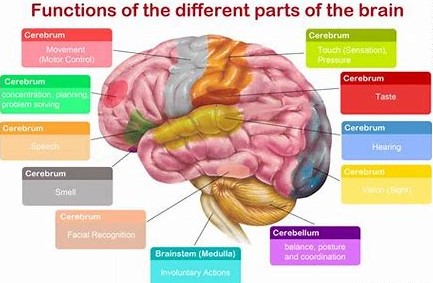I’m gonna buy a paper doll that I can call my own
A doll that other fellows cannot steal
And then, the flirty, flirty guys with their flirty, flirty eyes
Will have to flirt with dollies that are real
When I come home at night, she will be waiting
She’ll be the truest doll in all this world
I’d rather have a paper doll to call my own
Than have a fickle-minded real live girl
I guess I had a million dolls or more
I guess I’ve played the doll game over and over
I just quarreled with Sue, that’s why I’m blue
She’s gone away, and left me, just like all dolls do
I’ll tell you, boys, it’s tough to be alone
And it’s tough to love a doll that’s not your own
I’m through with all of them, I’ll never fall again
Say boy, what you gonna do?
I’m gonna buy a paper doll that I can call my own
A doll that other fellows cannot steal
And then, the flirty, flirty guys with their flirty, flirty eyes
Will have to flirt with dollies that are real
When I come home at night, she will be waiting
She’ll be the truest doll in all this world
I’d rather have a paper doll to call my own
Than have a fickle-minded real live girl
Know what? Mariner just sang that entire song from memory. It is by the Mills Brothers and released in 1944! In fact, He knows several of their songs by heart. Yet, today he can’t remember what happened yesterday!
How does the brain play games like this? On the one hand, there’s Marilu Henner (Taxi), who has instant recall of every single day in her life versus the man who suffered total brain loss but could still make bacon and eggs for breakfast.

There are 100 billion neurons (brain cells) in the human brain. One would think that once learned or experienced, that moment would always be at hand. The brain, however, is a lot like a computer: it has a delete key and an escape key. And like most folk’s computers, the brain has a truly garbled filing system. Also like a computer, the brain has a restrictive operating system that will keep some information at hand for frequent use (virtually all these programs don’t care about the Mills Brothers, it’s more about body chemistry, aches and pains and making sure all the body cells understand what to do).
Has the reader ever searched for a file they knew was somewhere but after great effort never found it? The brain does that, too. Has the reader ever accidentally deleted a four page document they were working on and it is irretrievable? The brain does that, too. The brain’s delete key is used for these situations and also when junk gets into the files – usually from illness, injury or drugs. Often, the delete key is used when brain processing hits a neuron to process but it’s not there. That’s called amyloid clusters.
Big city folks may never have experienced this, but out in the boonies, the internet signal isn’t always steady. The computer or TV screen goes dark for a moment or more and that little spinning curlicue shows up. The blocked signal is exactly what amyloid clusters do – they block the signal. The more amyloid clusters are mixed in between neurons, the more the brain shows signs of dementia. Fortunately, scientists are tinkering with ways to remove amyloid clusters.
So if it’s important to remember something, put it in a song and memorize it.
Ancient Mariner
